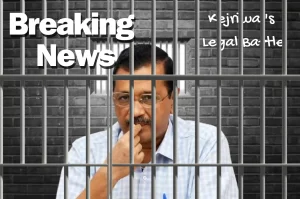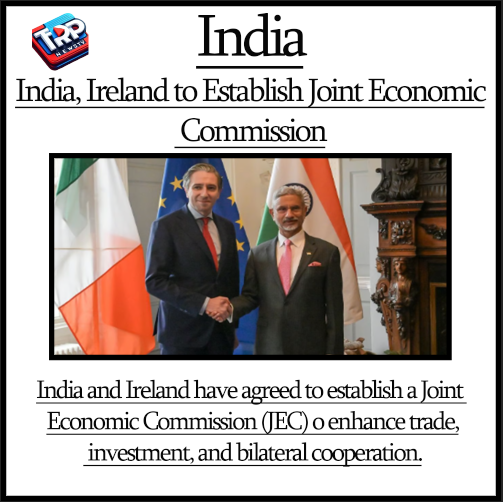Kejriwal Legal Struggles: Navigating the Intersection of Law and Politics
(Kejriwal Legal Struggles)In the heart of India’s bustling political landscape lies the saga of Arvind Kejriwal, the Chief Minister of Delhi, embroiled in a legal battle that has captivated the nation’s attention. This intricate web of legal proceedings and political ramifications serves as a poignant reminder of the delicate balance between the rule of law and the exigencies of political maneuvering.
 At the epicenter of this unfolding drama is Kejriwal’s recent plea for additional time with his legal counsel, a seemingly innocuous request that has ignited a firestorm of controversy. The Hindustan Times sheds light on Kejriwal’s pursuit of fair representation, underscoring his fundamental right to a robust defense. However, the Enforcement Directorate (ED) has vehemently opposed any semblance of special treatment, arguing that such privileges would undermine the integrity of the legal process.
At the epicenter of this unfolding drama is Kejriwal’s recent plea for additional time with his legal counsel, a seemingly innocuous request that has ignited a firestorm of controversy. The Hindustan Times sheds light on Kejriwal’s pursuit of fair representation, underscoring his fundamental right to a robust defense. However, the Enforcement Directorate (ED) has vehemently opposed any semblance of special treatment, arguing that such privileges would undermine the integrity of the legal process.
The clash between Kejriwal’s quest for justice and the ED’s commitment to upholding the law epitomizes the intricate dance between legal proceedings and political interests. In a polarized political landscape, every legal maneuver carries profound implications for the balance of power.
Saurabh Bharadwaj’s remarks, as reported by LiveMint, add another layer of complexity to the narrative. The suggestion that arresting Kejriwal could potentially backfire for Prime Minister Modi underscores the high-stakes nature of this legal imbroglio. In the arena of politics, every action is scrutinized through the lens of its electoral consequences.
However, amidst the political posturing and legal wrangling, a fundamental question emerges: should Kejriwal be allowed to govern from behind bars? The Hindu’s editorial stance against any special privileges for Kejriwal sheds light on the broader debate surrounding the intersection of law, politics, and governance. While Kejriwal may seek to fulfill his duties as Chief Minister even while incarcerated, granting him such privileges risks setting a dangerous precedent that could undermine the rule of law.
The Times of India echoes the ED’s concerns, arguing that Kejriwal cannot be afforded special rights simply to manage governmental affairs from jail. This sentiment reflects a broader consensus that no individual, regardless of their political stature, should be exempt from the constraints of the Kejriwal Legal Struggles system.
As the legal saga unfolds, it serves as a microcosm of the larger challenges facing India’s democratic institutions. The delicate balance between the rule of law and political expediency is often tested in moments of crisis, revealing the resilience—or fragility—of the country’s democratic fabric.
At its core, Kejriwal Legal Struggles transcends individual personalities and party politics; it speaks to the broader struggle for accountability and transparency in governance. The manner in which the authorities navigate these complexities will not only shape the trajectory of Kejriwal’s political career but also set a precedent for future interactions between law and politics in India.
As the nation watches with bated breath, the outcome of Kejriwal Legal Struggles saga will undoubtedly reverberate far beyond the confines of the courtroom. It will serve as a litmus test for India’s commitment to the principles of justice, fairness, and the rule of law—a test that carries profound implications for the future of democracy in the world’s largest democracy.
Frequently Asked Questions about Kejriwal Legal Struggles
-
What are the main legal challenges faced by Arvind Kejriwal?
- Kejriwal faces allegations related to money laundering, prompting legal proceedings by the Enforcement Directorate (ED).
-
Why is the ED opposing special treatment for Kejriwal?
- The ED argues that granting special rights, such as running the government from jail or extended legal time, would undermine the integrity of the legal process.
-
What is the significance of Saurabh Bharadwaj’s remarks?
- Bharadwaj’s comments suggest that arresting Kejriwal could potentially benefit the Aam Aadmi Party (AAP), indicating the political ramifications of Kejriwal Legal Struggles.
-
Why is there debate over Kejriwal’s request for more time with his lawyer?
- Kejriwal’s plea for additional legal time has sparked controversy, with the ED opposing any notion of preferential treatment, leading to a broader discussion on fair representation.
-
How do Kejriwal legal struggles impact governance in Delhi?
- The legal battles have raised questions about the ability of Kejriwal to fulfill his duties as Chief Minister, especially if he were to be incarcerated, highlighting the intersection of law, politics, and governance.





